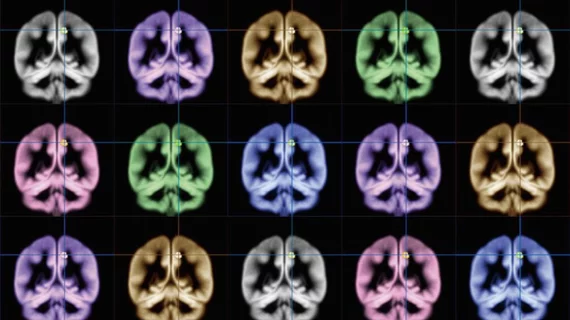Massive global effort underway using advanced imaging data for new traumatic brain injury treatments
A massive effort is underway pooling together the world’s most advanced MRI data in hopes of improving treatment for traumatic brain injuries.
Norwegian University of Science and Technology (NTNU) researchers are just one of the many groups involved in the project, which altogether consists of 170 experts spanning 13 countries.
Working groups on board the ENIGMA project, as it’s known, are looking for connections between worldwide imaging datasets that aren’t apparent in single-center studies.
And a large part of that involves applying advanced computational methods to previously gathered MRI scans.
"We're working to develop better and more standardized ways of summarizing and making sense of the MRI data, and we hope to contribute to breakthroughs in research that will benefit patients," Alexander Olsen, an associate professor at NTNU, said in a statement.
Traumatic brain injury has been described as the most complex disorder impacting the most complex organ and is a major cause of disability. Given that the brain is comprised of nearly 300 billion cells, pinning down the exact causes of TBI is no easy task.
"Data aggregation is vital in imaging and genetics research, where data sets and statistical power in any one lab are small, but combining data from labs around the world offers new possibilities to understand brain disorders and may accelerate science," said Penn State University’s Frank Hillary, who co-leads a subgroup focused on moderate to severe injuries.
Ultimately, the researchers plan to generate a framework for sharing their MRI data and make it publicly available.
Read more about the global effort in Brain Imaging and Behavior

